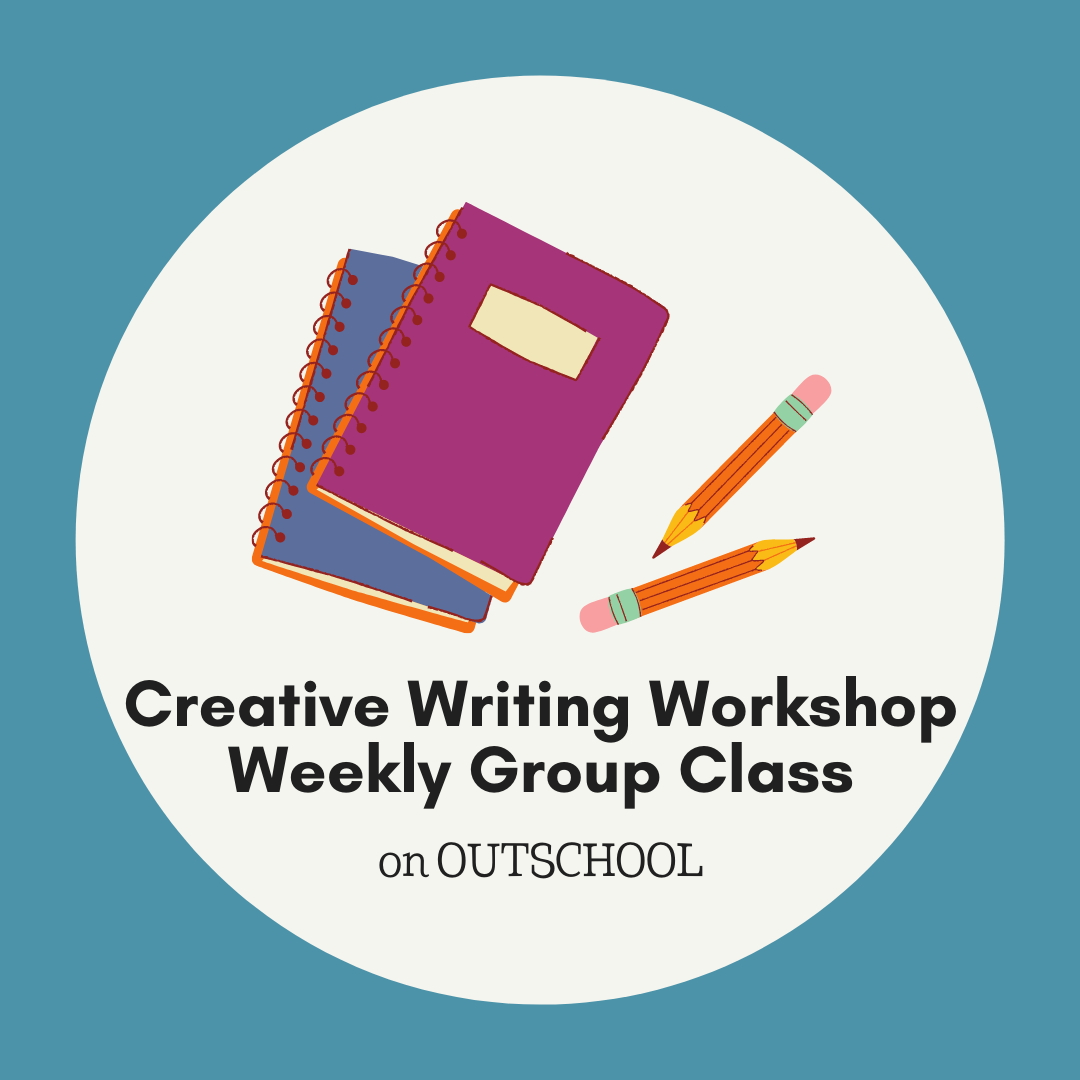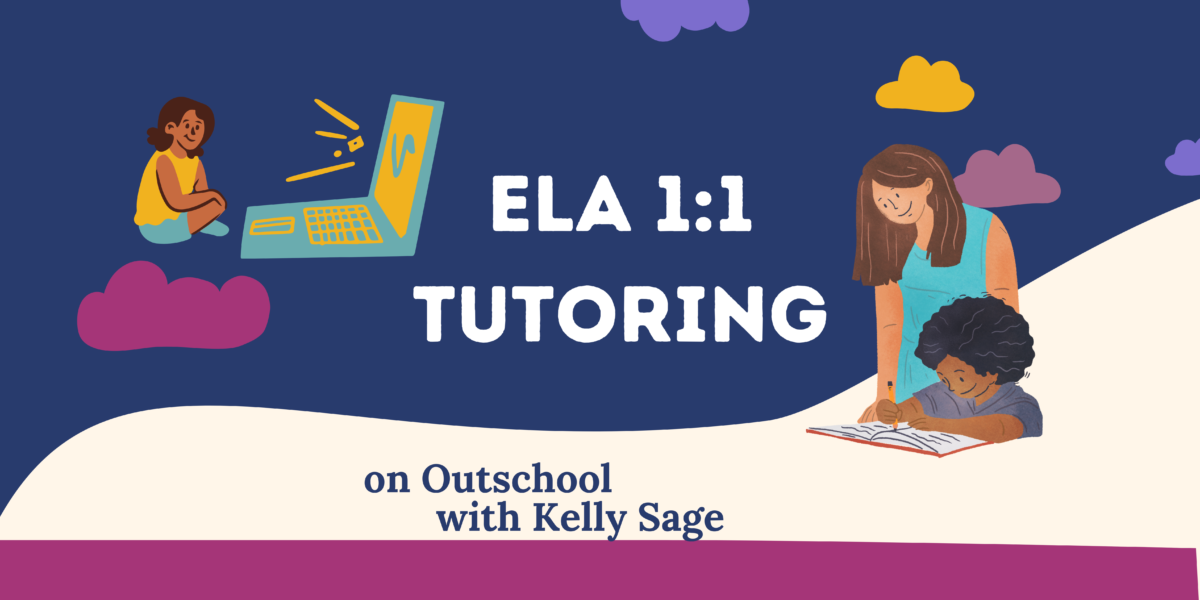Disclosure- Links in this post may be affiliate links. If you click through and make a purchase, I earn a commission at no additional cost to you. Unless noted, if I am reviewing a product, I have been compensated for my time. I write honest reviews. They are not required to be positive. I only recommend the resources we love and use.

One way I’ve found to help kids and teens become more proficient in spelling is to have them keep a personal spelling list. Like an editing checklist, this tool helps students self-edit while looking for words they commonly misspell.
A personal spelling list evolves with the student. Once they no longer struggle to spell a certain word, the word is removed from the list, and new words are added.
This is a great tool for students to keep at their desks or in their notebooks. When they’re ready to edit, students look for words on their list, giving them more autonomy and ownership of their writing.
How to Make a Personal Spelling List
Materials:
- Paper that is secured in a notebook, Reading and Writing Handbook, laminated, or will be put somewhere students can easily use it.
- A list of personal survival words
- List of words they commonly misspell spelled correctly

At the top of the page, have students write the title: Personal Spelling List or ______’s Spelling List.
Creative ELA Members, a printout and video minilesson can be found in your member library.
Not a member, join the Creative ELA Family Membership!
If students are learning to or struggle to spell words like their street address, city, state, and months of the year, be sure these words are included on their list. These are their “survival” words.
- Have students do a fast write or find a piece of writing that is recent and unedited.
- Next, have them comb through their pieces and circle words they think may be misspelled.
- If they see the same word more than a few times, chances are this is a tricky word they need to add to their list.
- Once they have their words circled, have them use a dictionary or computer to find the word’s correct spelling and add it to their personal spelling list.
I would avoid turning this into a dictionary with definitions. A personal spelling list is simply a list of words students misspell often. The simplicity of the list offers them a quick way to check their writing.

Adding Words
A personal spelling list is a living document and should be added to often. When you notice a student misspelling a word they use or a survival word, make sure they add it to their list.
Double-check that the words on the list are spelled correctly.
Use it or Lose it
A personal spelling list is nothing more than a piece of paper with words on it if students don’t use it. Help them create the habit of checking their list after they write. They might also have the list in front of them while writing so they can quickly glance at it when encountering a challenging word.

Word Wall
Another way to help students spell challenging words is to keep a class list, or word wall, posted somewhere students can easily see it. Put vocabulary words your students learn, and you’ll expect them to use them in their writing.
For instance, if you’re studying the Constitution, you might put the words: Consitution, Preamble, Amendments, United States, articles.
We all have words we use often that, for whatever reason, are tricky to spell. A personal spelling list can help writers learn their commonly misspelled words and become proficient self-editors.
























